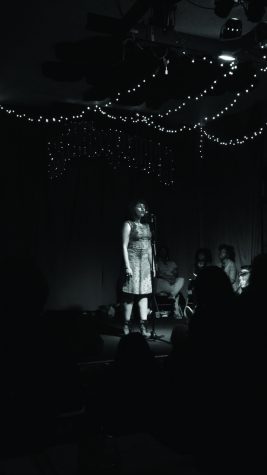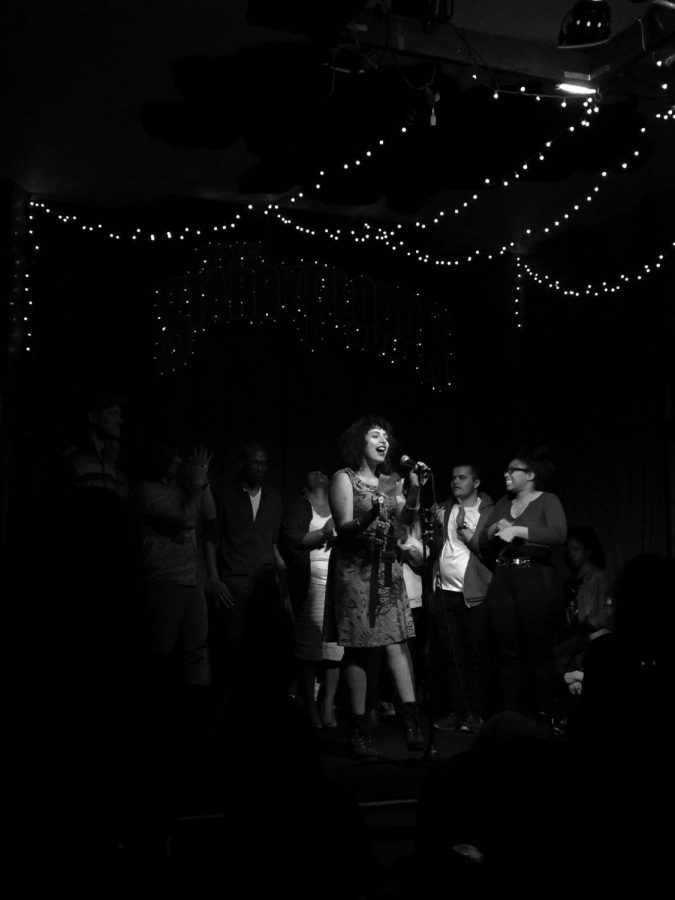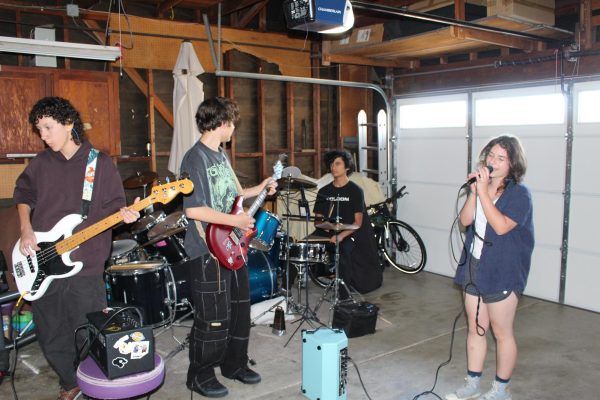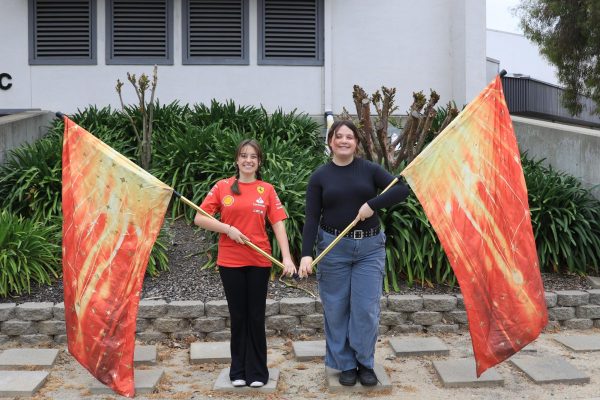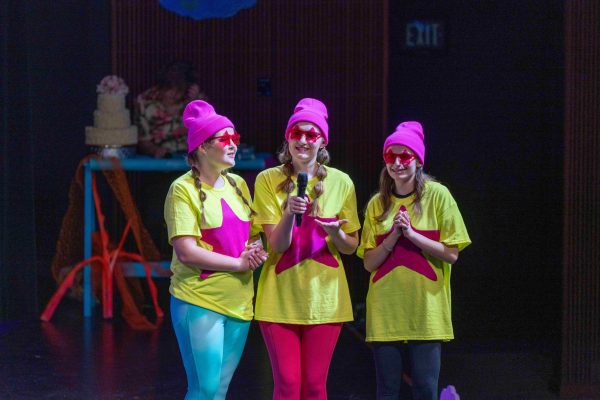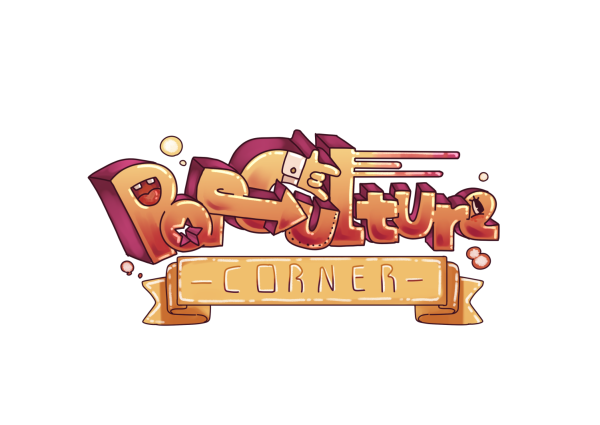Slam poetry is quite a scene
Cal alumna Jasmine Sufi serves as slam master and host of the Berkeley Poetry Slam at the Starry Pub.
There has been a recent peak of interest in the art of slam and performance poetry at Cal High.
Many Cal students regularly attend and participate in a number of slams in the Bay Area such as Youth Speaks, the Berkeley Poetry Slam at the Starry Pub, and more.
Performances at Youth Speaks, a space for young poets and artists, have included many Cal students, including juniors Christina Monis, Nylah Gamez-Chin, and Juliette Mohr, just to name a few.
Sophomore Lajolie Beugre has also received acclamation for her talents in performance poetry. Beugre captivated an audience last fall with her poetry at the Cal assembly addressing racist graffiti on campus.
She has performed at several of Cal’s Black Student Union Meetings, and placed first in their most recent talent show for her skills in song, rap and poetry.
BSU adviser and sociology teacher Eghosa Obaiza has been known to introduce slam poetry to her students.
Monis, who now interns at Youth Speaks, cites Obaiza as the person who introduced her to the world of slam poetry with an assignment for the class to prepare a piece focusing on a topic of social justice.
A variety of sensitive and controversial topics are discussed in this art medium.
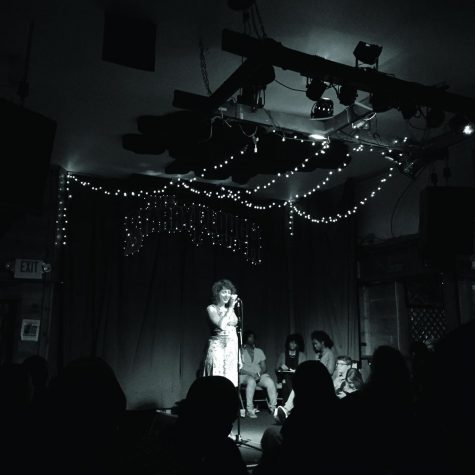
“Poetry is a beautiful translation for what’s going on in our minds,” said Beugre.
You may be wondering how spoken poetry and written poetry differ in the translation.
“When it’s written, people interpret it on their own,” said Monis. “When it’s performed, the poet has more control, being able to emphasize certain words and utilize face expressions.”
It’s the additional elements of tone, volume, facial expression, body language, and emphasis on certain words that draw people to performing their poetry rather than just writing it.
“I love the play on words, the feeling of the flow and rhythm,” Beugre said. “When you’re performing, everything just freezes and it’s just your mouth and the words.”
Cal’s roots to this art form can be traced back to 2009, when alumna Jasmine Sufi graduated and started down a new path with slam poetry.
A poetry slam, often mistaken for a poet’s open mic night, is a performance competition where poets perform in front of an audience, who judges and determines rankings.
“A poetry slam is like an open mic in the same way that a BMX tournament is a bike ride,” said Sufi. “Poets go up and perform original poems with a time limit of three minutes and 10 seconds, which are then scored by five random judges selected from the audience.”
Slams live up to their name, with intense poetry being combined with passionate competitors. Youth Speaks has competitions and festivals district wide. There is even a national competition, the National Poetry Slam, where individuals and teams of poets compete.
Sufi has already racked up awards and titles. In 2015, she was a member of the Berkeley slam team which placed third at the National Poetry slam. That same year, she was Berkeley’s Grand Slam Champ, Indie Champ, and Women’s Champ.
Sufi now serves as slam master of the Berkeley Poetry Slam, running every aspect of the show, including organizing events, handling finances, and hosting the weekly slams on Wednesdays.
Before graduating in 2009, Sufi’s friends took her to the renowned Berkeley slam at the Starry Plough. Sufi had never even heard of slam poetry at this point, but was instantly drawn in. Sufi explained that she was in the middle of a very dark depression.
“I wasn’t up to socializing with people, and the show was the first time I had left the house beyond school in months,” she said.
Although competitive, slams and performances have been known to be a safe place for people to express themselves.
“We modify the energy so that everyone feels accepted,” Monis said. “It’s a place to talk about difficult feelings.”
Beugre believes performances are a space to be comfortable and unapologetic. She said she discusses topics of self love, injustice, women, family, sexuality, and love in her poetry.
“There is no way to write or perform poetry badly,” Beugre said. “Itdoesn’t matter if it doesn’t make sense to other people. Art is art, and someone can’t tell you it’s not beautiful.”
